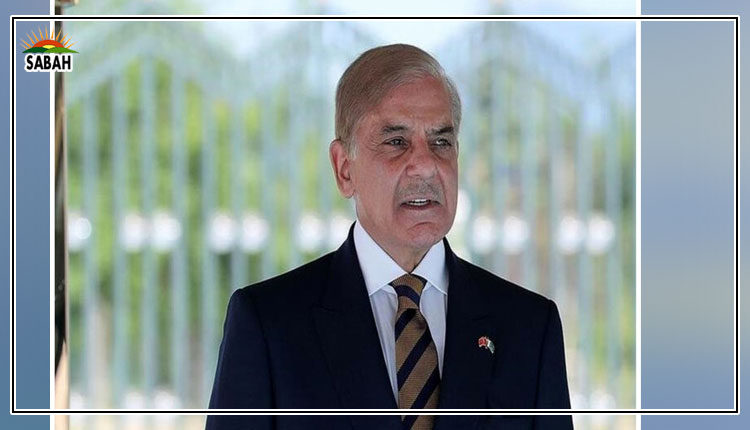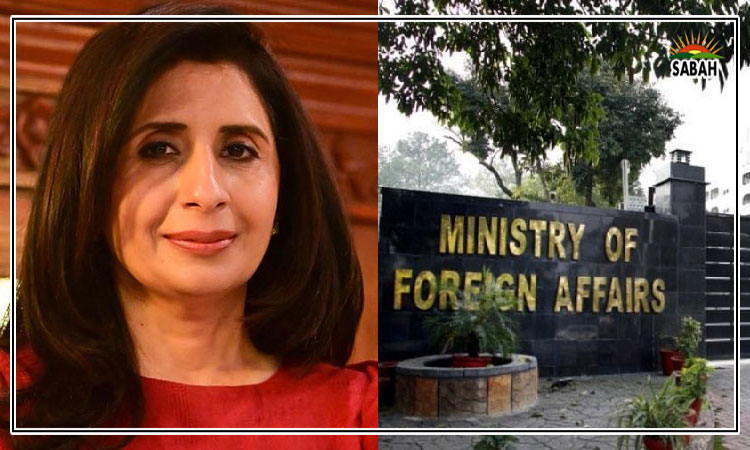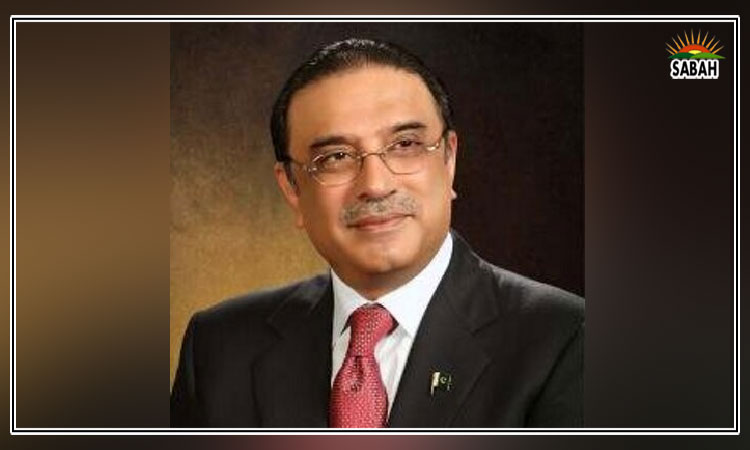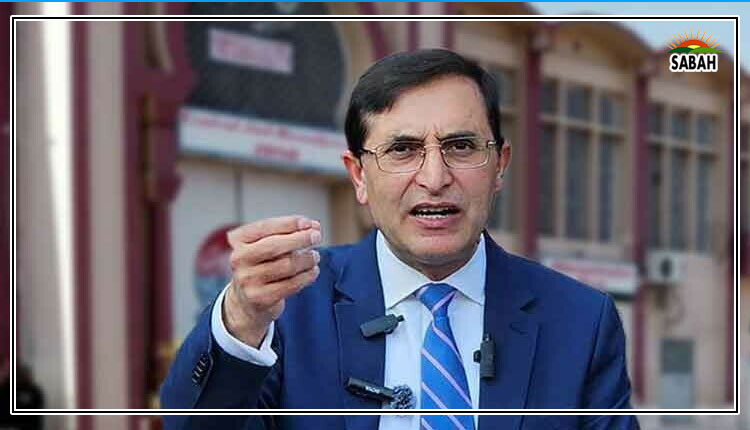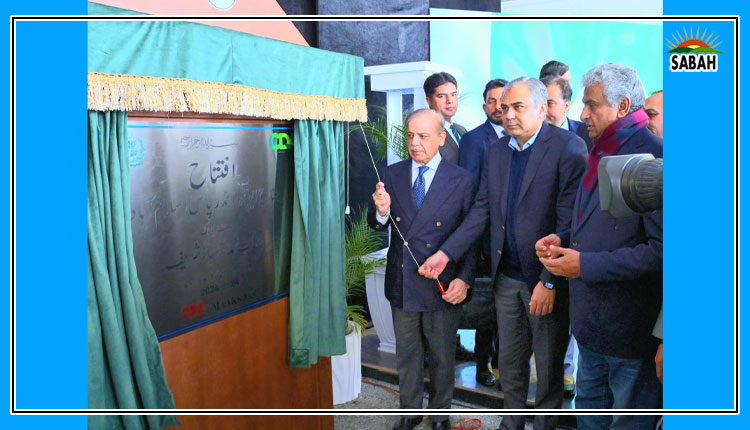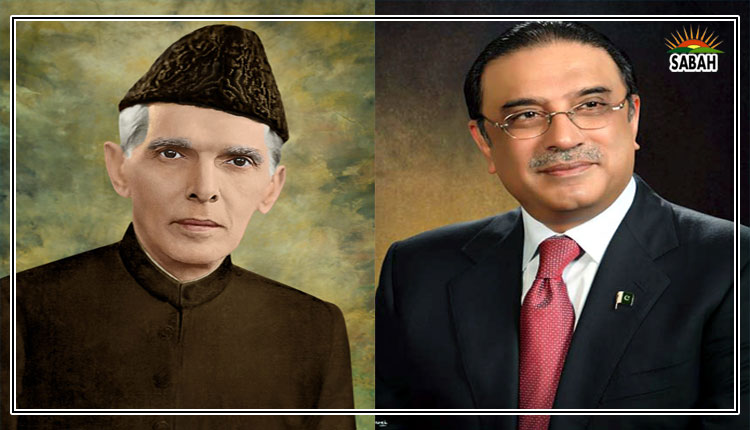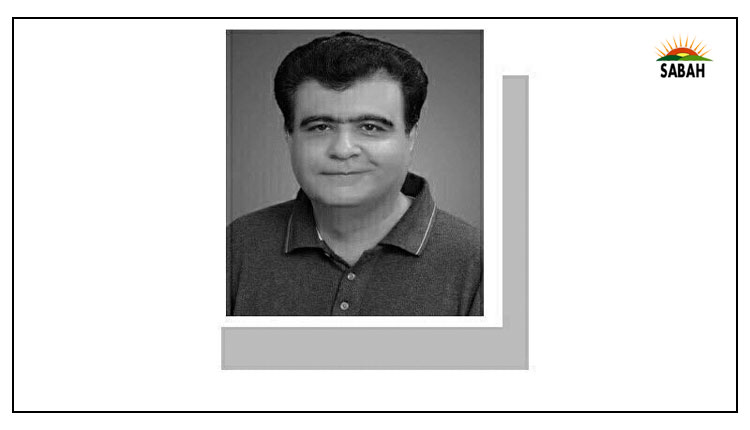Imbalance of power ۔۔۔۔۔ Dr Niaz Murtaza
POWER is a double-edged sword. It corrupts and absolute power corrupts absolutely. But it produces order as well. Without power, there is chaos. Eschewing absolute power in the hands of a few, the sages suggest a balance of power with checks and balances, one that is diffused vertically and horizontally among state organs. Power must be legitimate to reduce violations and revolt.
But we have long blithely ignored such wisdom. The 2008-18 era had witnessed progress. But the last two years under the PML-N/ PPP have seen a huge reversal of this progress, with power illegitimately sucked upwards vertically and inwards horizontally. This concentration and illegitimacy of power in a diverse, complex and large state bodes ill for stability and peace.
We had earlier devolved power. Sadly, local bodies today are even more in a state of limbo than previously. Even the provinces have lost powers they had won via the 18th Amendment, due to fiscal cuts, court verdicts and the informal sway of an omnipotent centre. The centre dominates the peripheries such as Balochistan and the former Fata areas, leading to local ire, revolt and violence.
We now see autonomous entities being defanged: the ECP and NAB earlier and the higher courts now in the name of parliamentary, but in reality executive, sway. In parliamentary systems, executives come from parliaments. So, it’s easy to confuse the executive and parliamentary dominance. True parliamentary sway in hiring judges means legislators in cabinets, not sitting in appointing committees, which also have cross-aisle parity and follow Article 63-A’s party discipline provisions.
A free judiciary emerges slowly through a process of merit.
A two-stage system with open applications and clear merit criteria is best where legal aces (judges, ex-judges, bar council heads and legal academics) first vet the applicants. Parliament rechecks their decisions, rejecting the nominees only if both aisles agree. This ensures that decisions don’t reflect narrow executive concerns but those based on merit. We had a system like this, with its easily fixable gaps being lack of merit criteria and open applications. Instead of fixing them, we adopted an opaque, non-merit, executive-run system.
Some people present long lists of post-2009 judiciary ills — oddly without a proper ‘before versus after’ review — to argue that ‘free’ courts caused us harm and deserve their fate. The logic mimics the clichéd one that democracy causes harm. Judicial freedom is a big part of democracy and basic rights such as fair trials; undoing it undoes democracy as well as basic rights of which we have had little experience.
A free judiciary forms slowly when it’s not hired by executives but emerges through a process of merit that employs able judges who do not succumb to pressure and who curb personal biases. It is strengthened by formal laws that enhance court freedoms and when agencies don’t hound judges. The only formal freedom courts got briefly was the one via the 19th Amendment. So, the blame for the judiciary’s many ills goes to the old system when its current old guard leadership was first hired long ago by executives on mainly political grounds.
It is unsurprising if some judges misused the informal space. We are sadly back to that system. But the fruits of limited formal freedom will surely emerge once able judges hired in the high courts via the 19th Amendment adorn the judicial leadership. Six such judges have already shown unprecedented guts in their recent letter against the agencies, which many say spurred the apex court’s judges to rule rightly against regime interests on reserved seats. So, the courts are being chained not for old wrongs but present resolve.
This sucking of power upwards and inwards should mean a muscular, omnipotent exe-cutive in Islamabad. Od-dly, we see an emaciated one. Where did all the inflow of power go? Wise ones talk in hushed tones of the establishment.
This then is our power (im)balance: top-stuffed, illegitimate and opaque. Diverse and autarkic groups in large and complex states chafe at such power traits and pursue legal, peaceful avenues against them.
But they are all being shut with courts defanged, parliament disabled, media silenced and protests crushed. Unfortunately, in this case, legitimate gripes erupt in ugly forms: crime, mob rage attacks or terrorism. Nearby Sri Lanka and Bangladesh have shown the power of huge upheaval. Earlier years showed our struggles in conflict despite armed power, even against ragtag militants. The future will show if our muscles can curb upheaval. The right way lies in renewing power legitimacy and diffusion. But when power lies elsewhere, more sensible and complex ways evade rulers quite easily.
The writer is a political economist with a PhD from the University of California, Berkeley.
murtazaniaz@yahoo.com
X: @NiazMurtaza2
Courtesy Dawn, October 29th, 2024



